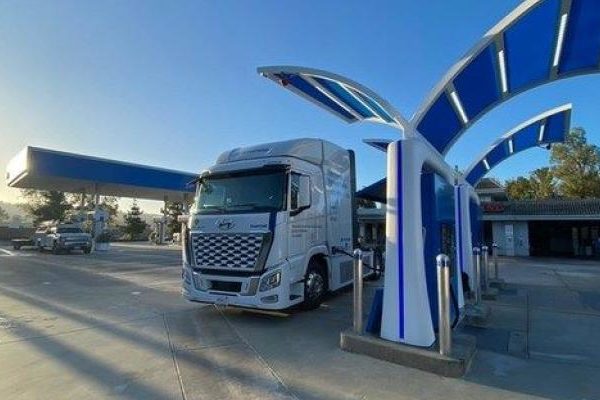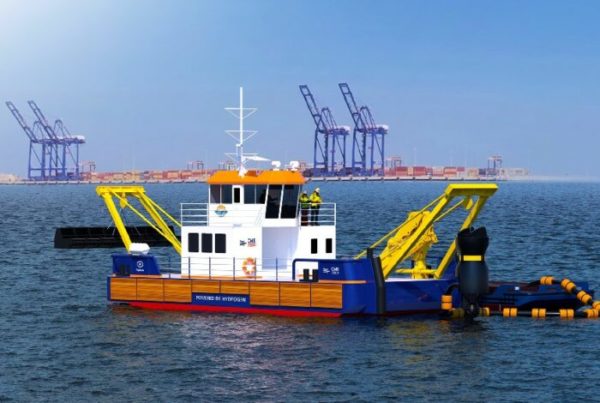
The National Assembly Budget Office recommended more aggressive tax incentive – up to 40 percent deduction – in corporate investments in green hydrogen economy, and the government is currently studying the option.
The legislative policy office upon studying 2021 tax code added the opinion of the National Assembly committee responsible for finance and economic affairs advising the finance ministry to better reflect incentives for technologies for carbon neutrality goals in revised tax bill.
Korea currently offers tax breaks on 235 new growth and original technology like semiconductor material and secondary battery designated by the government. Untested technologies like green hydrogen are not included.
Green hydrogen – an environmentally-friendly hydrogen produced by splitting water into hydrogen and oxygen using renewable electricity – is essential to achieve carbon neutrality by emitting no greenhouse gases while generating power.
The business sector has been complaining of laggard pace in legal and system changes against rapid advancement in technologies.

The government is said to be studying including green hydrogen in growth sector subject to R&D tax favor.
Last year, the government created a new category on national strategy technology subject to higher tax cuts than general new growth and original technologies through tax revision. They include semiconductors, secondary battery, and vaccines. Green hydrogen did not make the list due to differing opinions among government offices.
Companies can claim refund of 20 to 40 percent in R&D costs for new growth and original technologies and 3 to 12 percent in facility investment costs. In case of strategical technologies, R&D tax deduction goes up to 30 to 50 percent and facility investment 6 to 16 percent.
Tax incentives could spur hydrogen production ecosystem.
Nine business conglomerates including Hyundai Motor, SK, Posco, and Hyosung announced 43 trillion won ($35.9 billion) investment in hydrogen business as of July last year.
By Lee Jong-hyuk and Lee Eun-joo
Source: Pulse
Read the most up to date Fuel Cell and Hydrogen Industry news at FuelCellsWorks




